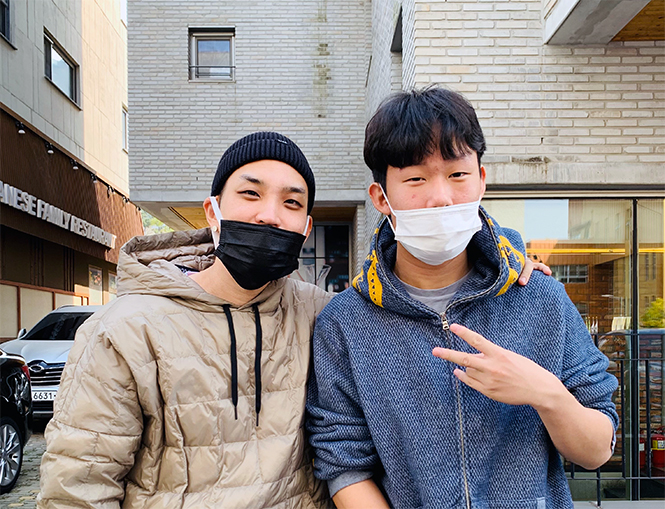
As I headed into my sophomore year of high school, I faced the same challenge over and over in every class. This was the challenge of speaking in front of an audience. In every class, there was at least one assignment where students would have to present in front of the class. Also, as the president of the Graphic Arts club, I often had to get up in front of other members and give speeches. While one would think that such frequent experience with speeches, I thought that I would become used to the pressure with time, but I am still unable to throw off stage fright. Whenever I stand in front of a crowd, I always worry about making mistakes and being unable to remember my lines. Once, I looked up on the internet how to overcome stage fright and there were many obvious answers. What they all had in common, though, was practice. Regardless of the condition, a prepared speech or performance should flow out automatically. This can only be achieved by practicing until the speech is ingrained in one’s memory. Another commonly suggested method for overcoming stage fright was image training. By imagining yourself standing on stage, you will feel more comfortable and confident when it is time to mount the real stage.
However, I felt that these solutions were superficial. For a more in-depth advice, I decided to meet an expert. Luckily, I was able to meet Bumkey, a famous musician who has performed in front of countless large crowds. In the sixteen years he has worked as a musician, the biggest stage he performed was the opening stage for Brown Eyed Soul in 2007 where 20 thousand people had gathered to watch. When asked how it feels to be in front of such a large crowd, Bumkey replied that “the size of the audience doesn’t matter. The pressure is different on every stage.” The thing that makes Bunkey nervous is the condition of his voice. If he is unable to hit a high note because of his morning voice or he has a cold, the pressure on the stage doubles. So, when he was diagnosed with vocal cord nodule, he was devastated. He told me that it was the biggest trauma in his life.

Then how was he dealing with this inevitable wall of fear? When I asked about this, Bumkey smiled and told me that his solution was mind control. Not some weird voodoo magic but the ability to maintain a firm mental state in whatever condition he is in. In order to achieve this high level of mind control on stage, practice is essential. From weeks before the concert, Bumkey said that he practices and practices because “if you practice you will always be at least average.” Practice also builds experience, which can be impactful in dealing with unforeseen incidents like sudden microphone or the speaker failures. It is experience that allows Bumkey to navigate these variable conditions on the fly. Since the stage cannot always be perfect, he must be as perfect as possible.

Performers with hundreds of concert experiences still face stage fright in every new concert. They are in a position where they must surmount this fear when heading up on stage. This constant stage fright is not unique to singers and performers. Tim Cook, the CEO of Apple, must feel this same stage fright when he presents a new iPhone to the world. As Bumkey said, there are always unforeseen incidents on stage, so if I am to become a better presenter, I should focus on image training and take each practice as the real deal. If I can successfully do this, I will become a better performer.

Seungwoo John Koh
Grade 10
Stevenson School (CA)

